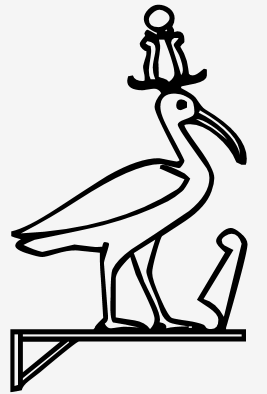7 (prime)
- ἄαδα (aada) – want, lack; deficiency, defect, need; want of means, poverty
The Theology of Arithmetic on the number seven (an excerpt):
Moreover, the hebdomad has the property of being the most critical number (κρισιμωτάτη), not only in pregnancy and in the ages of life development, but also in disease and health, because it is the most akin (συγγενεστάτην) and cognate (ὁμόφυτον) to the human constitution (κατασκευή): for our so-called black internal organs are seven and are rooted (ἐμπέφυκεν) in accordance with it (i.e. the hebdomad); they are tongue, heart, liver, lung, spleen and two kidneys. Additionally, there are this many parts of the body in general: head, trunk, two arms, two legs, and genitals. And taken part by part, there are seven channels (διατρήσεις) in the face: two for eyes, two for ears, two for nostrils, and one for mouth. And there are seven which transmit breath and food: throat, gullet, stomach, intestines, intestinal membrane, bladder, and the one by the seat, which some call rectum.
Along these same lines, Ptolemy (Tetrabiblos 3.13.4-5) associates the seven classical planets with the parts of the body:
[T]he natures of the planets produce the kinds and causes of the events that are to occur. For, of the most important parts of the human body, Saturn is lord of the right ear, the spleen, the bladder, the phlegm, and the bones; Jupiter is lord of touch, the lungs, arteries, and semen; Mars of the left ear, kidneys, veins, and genitals; the Sun of the sight, the brain, heart, sinews and all the right-hand parts; Venus of smell, the liver, and the flesh; Mercury of speech and thought, the tongue, the bile, and the buttocks; the Moon of taste and drinking, the stomach, belly, womb, and all the left-hand parts.
